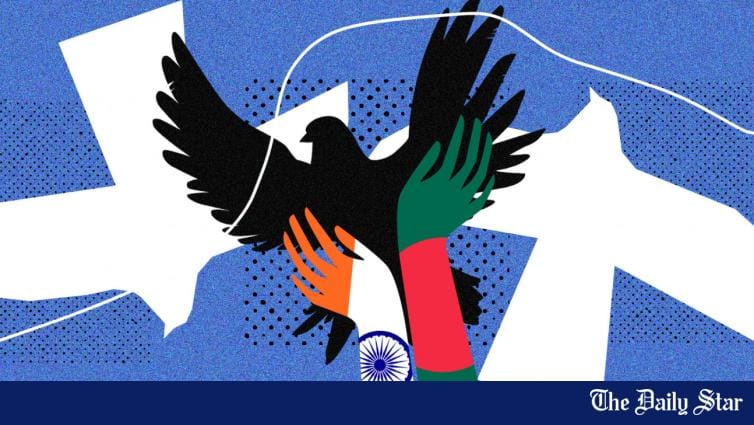Lulldapull
Senior Member
- Jan 26, 2024
- 3,396
- 1,097
- Origin

- Residence

- Axis Group

@Mainerik…..our war with the Afghanis is seriously hotting up. There’s a whole lotta killing on the KP/ Afghani borders and we are losing our soldiers.
Yesterday our AF bombed multiple targets in Afghanistan to tell the Taliban that we are willing to respond with force.
Afghanistan is an enemy of Pakistan from day one.
Apologies for going off topic.
Yesterday our AF bombed multiple targets in Afghanistan to tell the Taliban that we are willing to respond with force.
Afghanistan is an enemy of Pakistan from day one.
Apologies for going off topic.











